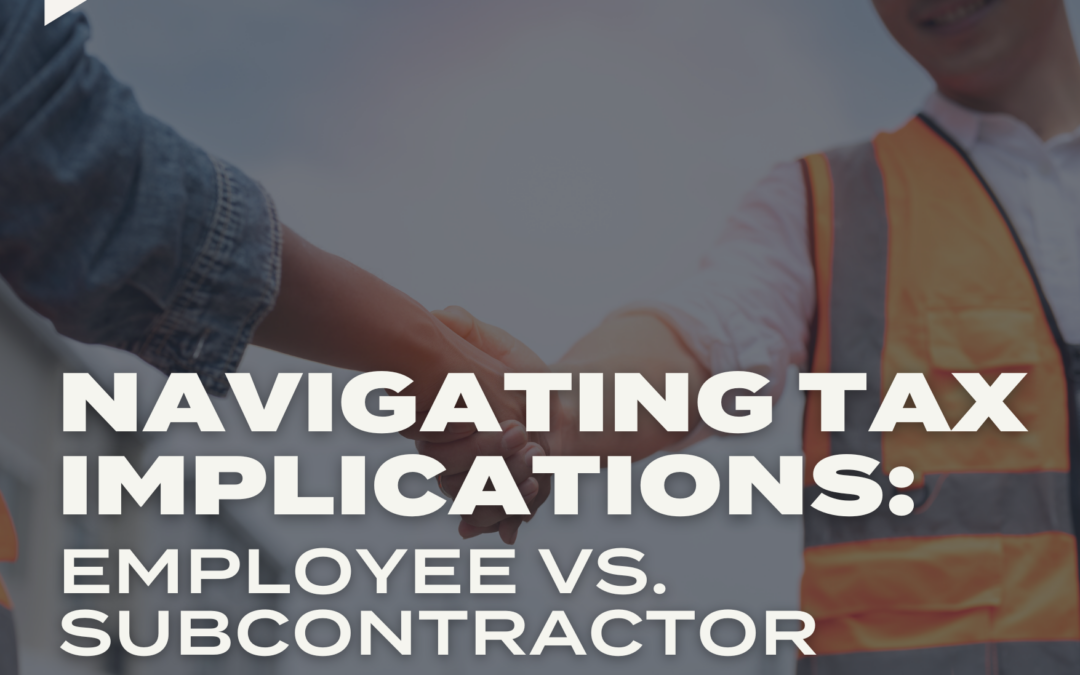Last August, the IRS started sending out letters to owners of virtual currency. These letters talked about reporting requirements, how you file your taxes, back taxes, amended returns, etc.
Let’s start at the beginning; for those who do not know, what is “virtual currency”?
Virtual currency is just a type of digital currency that’s only available in electronic form. It’s not in a physical form like gold or cash—it’s all digital. It’s also known as cryptocurrency, and probably the most well-known is Bitcoin.
Transactions were thought to be under the radar, which is part of the reason why people really liked to use these currencies. But as the prices go up and the gains get bigger, the IRS starts to get more involved.
Prices ranged from somewhere around $100 per Bitcoin in 2013 to over $1,000 by the end of 2013 (about a $900 increase).
But if you look at 2017 when it really became popular, the range was from $775 up to as high as $13,000. So within the course of 12 months, you could have bought something for $775 and sold it for $13,000. As of last September, the price was around $11,500. So of course as the prices went up, the gains got larger and the IRS got more and more interested.
From the IRS letters, it seems like a lot of people are not reporting these on their returns …?
Right. Whether people thought that it was under the radar, or whether they just didn’t know that they had to report these kinds of transactions, many are not reporting the gain or loss that they have on these Bitcoin.
So if I understand correctly, you’re saying that they do need to report these?
That is correct.
How do they report them?
Back in 2014, the IRS published information on how to report these transactions. But basically it’s treated like any other sale of any other asset: You have a sale price, you have a purchase price and the difference is a gain or a loss—and that gain or loss has to be reported on your return.
So if you look at 2017, if you bought a Bitcoin for $1,000 and you sold it for $10,000, it’s a $9,000 gain, and you benefitted $9,000 more than you had before, so that gain is actually taxable.
People also use Bitcoin or virtual currency to buy items like cars, and even homes?
Yes, and if you’re a business owner and you take Bitcoin, it’s just like taking cash or credit cards on how you report on your return. So if you accept Bitcoin for the sale of a house or the sale of an item, that’s income to you as a business owner.
What about those who “mine” virtual currency?
I’m not going to pretend to be an expert about everything mining, because I’m not. But any new virtual currency that is created by “mining” is taxable income, because essentially you started with nothing, you mine this (however that’s done, through computer programs, etc.) and now you have this thing of value. Because you now have something of value, that is actually taxable income to you. And if you do this as kind of a business—if that’s all you do—you might have to pay income tax and self-employment tax on it, because it’s a business.





